Mental health royal commission moves to Maryborough
Trevor Thomas wanted to make it to 60. His dad wasn’t able to. Neither were his two uncles. All three had taken their lives, as had another five family members. This was the harrowing reality of life in our rural areas.
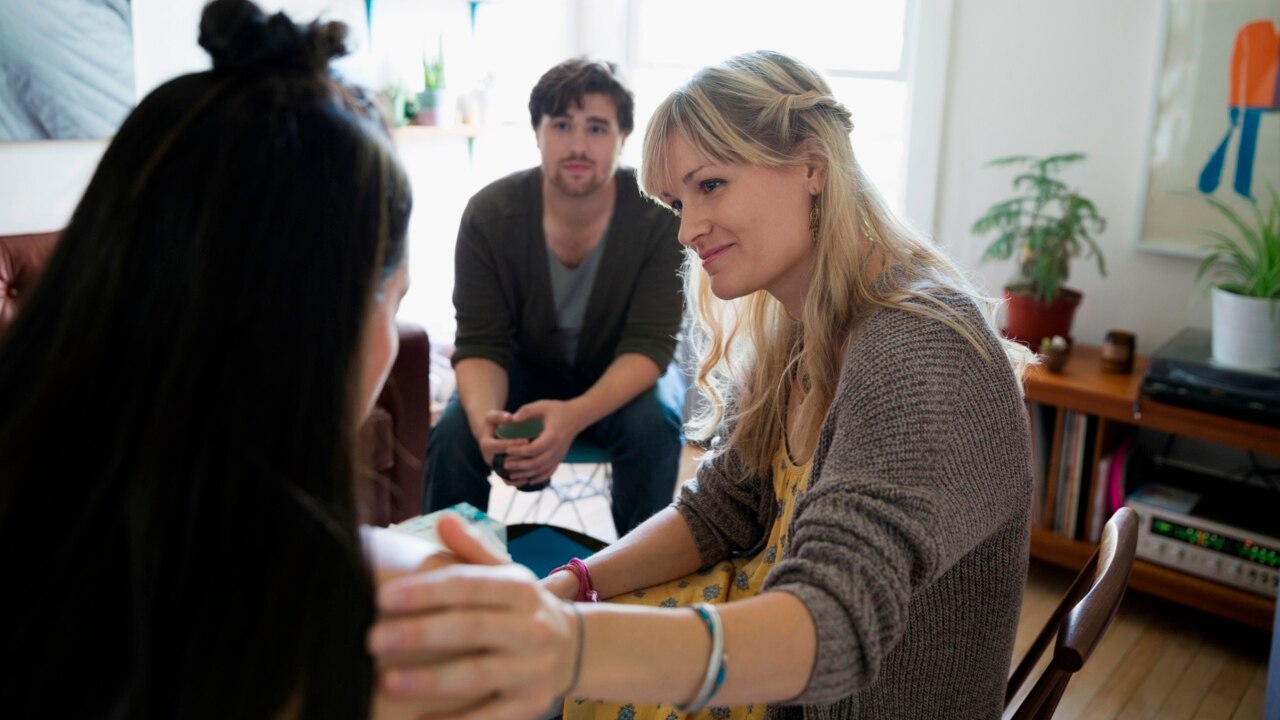
VIC News
Don't miss out on the headlines from VIC News. Followed categories will be added to My News.
Trevor Thomas wanted to make it to 60.
His dad wasn’t able to. Neither were his two uncles.
All three had taken their lives, as had another five family members.
Mr Thomas wondered whether it was genetic, himself having struggled with depression since he was a teenager.
“My two uncles, which were my dad’s brothers, and my dad, were all 58, 59 when they died,” he told the mental health royal commission yesterday.
“I just had it in my stupid brain that I wanted to beat that. It was important to me.”
But weeks before turning 60, Mr Thomas was so suicidal he told his wife Christine to take him to hospital.
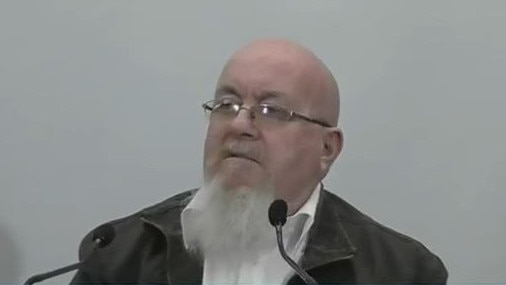
She had prepared for the day her husband asked for help but a social worker had warned that they could be turned away by a health system buckling under demand.
A “feisty” Mrs Thomas walked out when hospital staff said Mr Thomas needed to be admitted but no bed was free.
“I said, ‘You have admitted a duty of care to him, I’m leaving now,’ and I got up and I walked out of that room,” she said. “Nobody should ever, ever have to do that to someone they love, and he shouldn’t have had that done to him.”
Mrs Thomas hid outside because she’d heard hospitals would often send people on their way in a taxi.
But her walkout had the desired effect and Mr Thomas was admitted to the psychiatric ward.
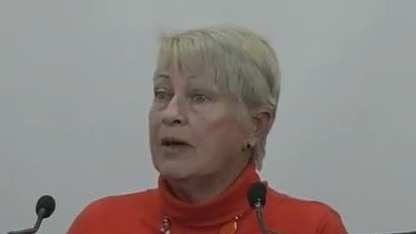
She would repeat this process when Mr Thomas, “not much better than when he went in”, was to be released from an adult recovery centre.
She knew he could not be released if he was homeless so threatened to change the locks to stop him coming home.
“I’m struggling to keep him safe (at) home,” Mrs Thomas said. “When he got up during the night to go to toilet, I’m sneaking behind him to make sure, yes, he’s going to the toilet. He hasn’t hung himself in the shed, he hasn’t found the spare keys and is gonna wrap the car around a tree.”
Mrs Thomas called for more psychiatrists, more mental health workers and more immediate help for those asking for it.
The royal commission today moved to Maryborough, about 170km northwest of Melbourne, for a public hearing focused on the mental health crisis in country Victoria.
The suicide rate in rural Australia is almost twice that in metropolitan areas.
The commission heard of the tyranny of distance, the difficulties of asking for help in a small town and social isolation.
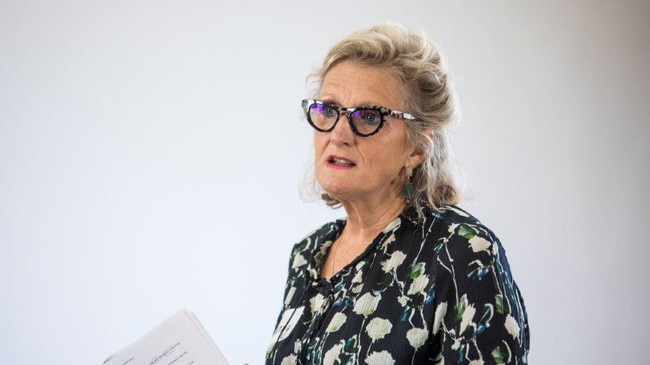
Farmer Al Gabb grew up in Skipton, 45 minutes drive from Ballarat, and returned home about six or seven years ago after a stint travelling the world.
Aged in his 30s, the fifth-generation farmer suffered a relationship breakdown at the same time he allegedly fell foul of federal rules for spraying native grasses.
Mr Gabb told the royal commission that he began to unravel, and withdrew from friends and family.
He could go a month speaking only to his parents and the person behind the counter at the local supermarket.
“My life, I guess, wasn’t coming together like I thought and it unravelled a lot of issues that I hadn’t tackled as a person early on in my life and probably needed to,” he said.
Skipton’s ambulance service is manned by volunteers, one of which Mr Gabb had know for years.
The pair had grown up together, were about the same age and “farmed almost side-by-side”.
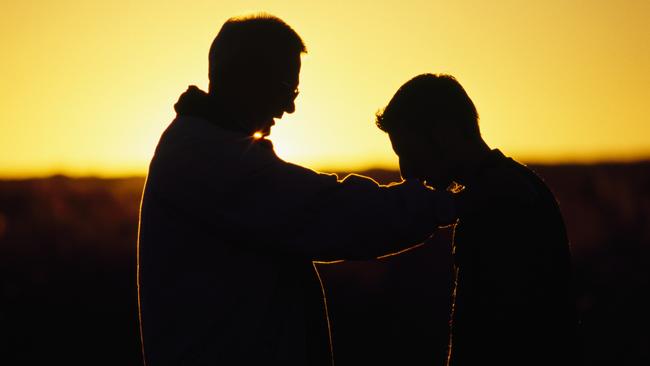
But he was the volunteer on duty during one of Mr Gabb’s suicide attempts and, on the side of a country road, helped him into an ambulance.
“The flow-on effects in those rural communities are greater than what people, I guess, see from the outside,” he said.
“That’s just a small example.”
Mr Gabb found a private psychologist he liked in Chapel St, South Yarra but he had to sacrifice a day of work to make the return trip.
He said it was not plausible while running a farm and instead sacrificed the appointments.
“As a farmer, and a young farmer, the demands of running a farm are significant: you are responsible for livestock, you are responsible for your business,” he said.
“You know, you’re the accountant, you’re everything. So, the hours worked can really quite stretch right out, and especially in seasonal times.”
SCHWASS ‘BROKEN, SUICIDAL’ AT AFL PEAK, INQUIRY HEARS
HOW GOVERNMENT PLANS TO FIX TROUBLED MENTAL HEALTH SYSTEM
‘MONSTERS’ PREYED ON PEOPLE WITH MENTAL ILLNESS
Commission chair Penny Armytage said close-knit rural communities must harness their strength to support those struggling.
“While the culture of rural towns … is a great asset, at times it can restrict frank and open discussion about mental health,” she said.


